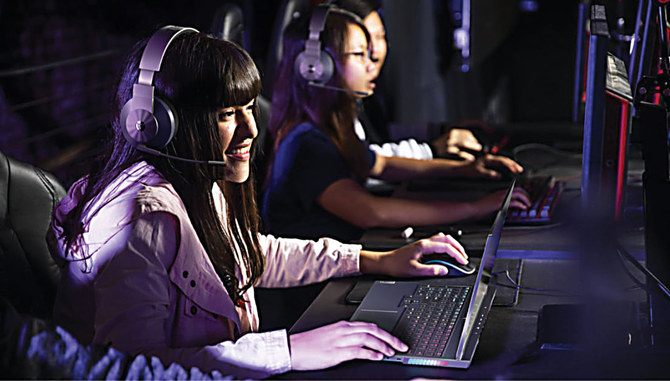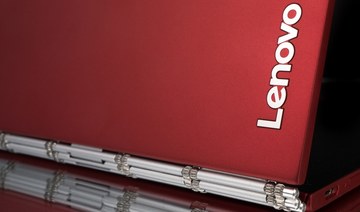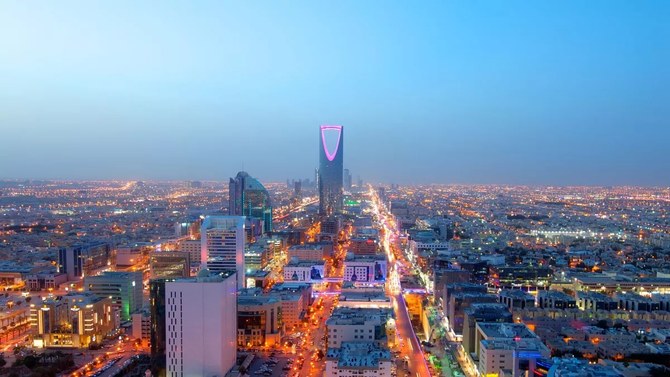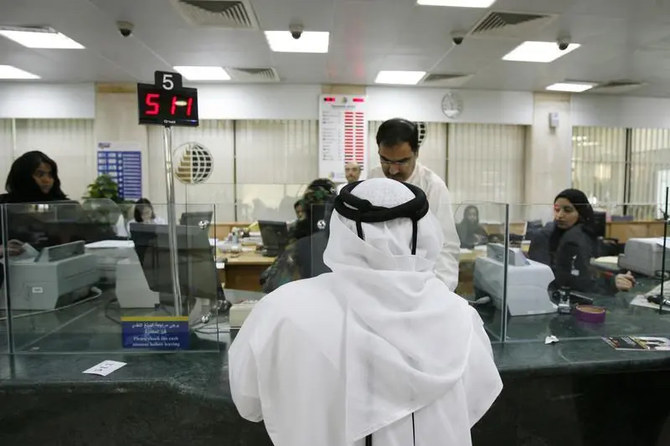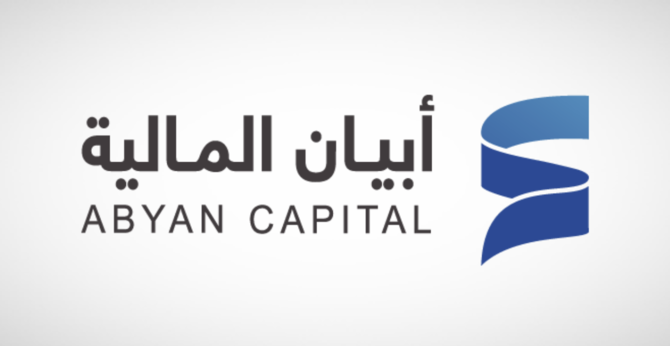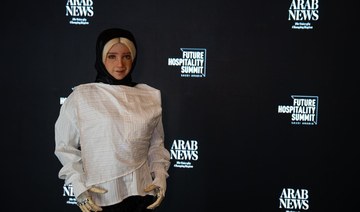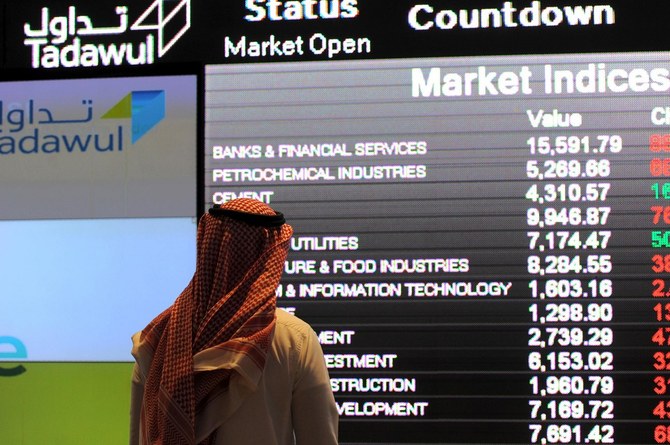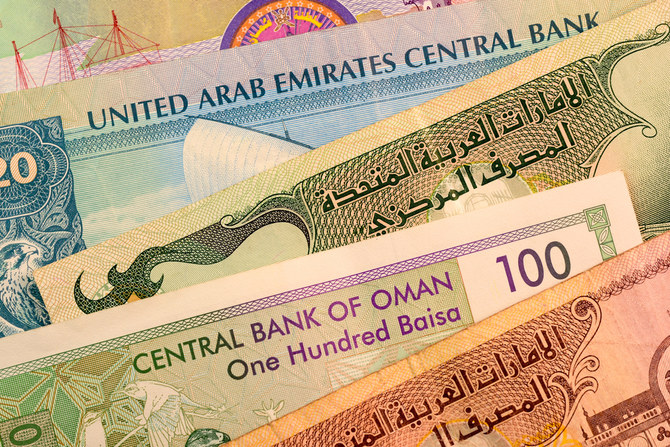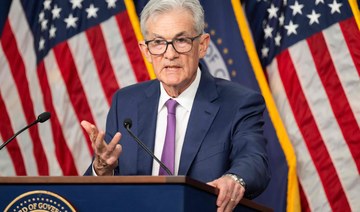CAIRO: Global tech provider Lenovo plans to strengthen its presence in Saudi Arabia, thanks to Vision 2030’s digitalization agenda promoting technology in all sectors.
In an exclusive interview with Arab News, Marwan Bsat, general manager of Levono Saudi Arabia, said that the company is committed to being a technology partner to support the Saudi youth as well as Vision 2030.
“Our efforts to bring new products and advanced services into the Saudi market will greatly contribute to the ongoing digitization in different Saudi sectors,” Bsat said.
As the pandemic played an important role in the digitization of the economy with the inception of remote working, Lenovo aims to provide the right resources to support the implementation of the rising hybrid-work model.
“We will continue to seize the opportunities driven by accelerated digital transformation and hybrid working while successfully navigating a range of industrywide challenges,” he added.
Bsat stated that the quality of devices used by hybrid-working employees would greatly impact productivity, focus, the ability to work on the go and comfortability, which can influence employee well-being.
“With 83 percent of IT decision-makers actively preparing for a hybrid model, equipping people with the technology they need is the key to unlocking productivity,” Bsat explained.
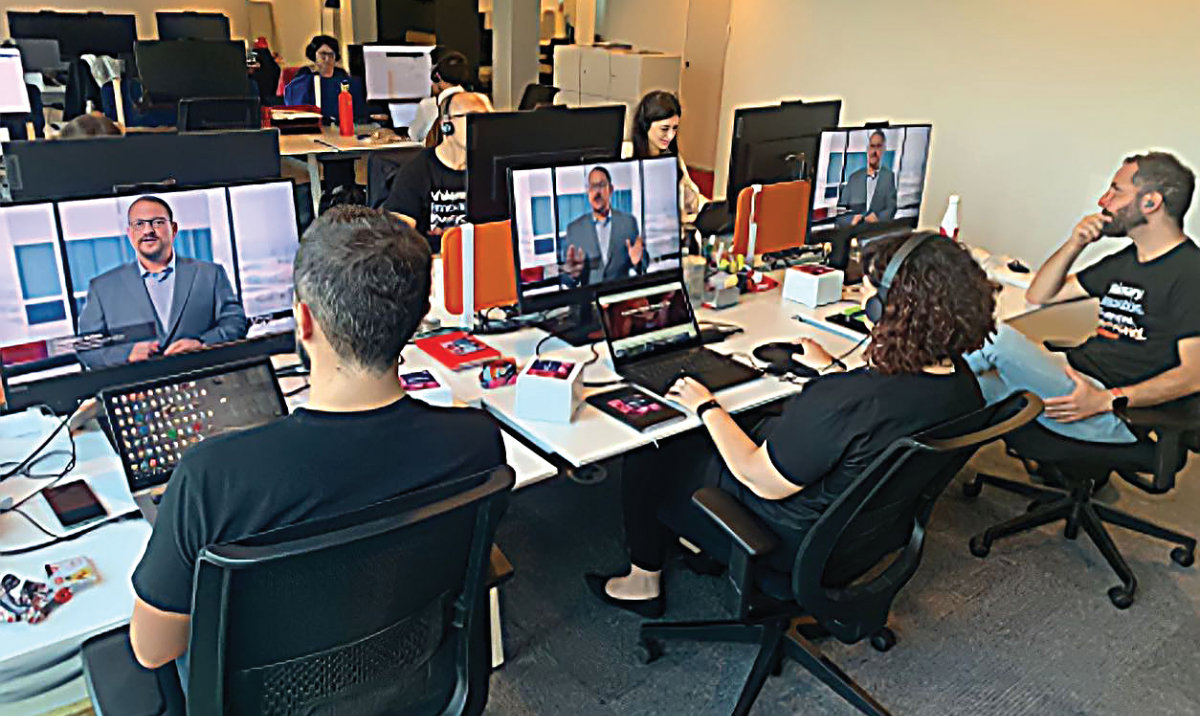
“At Lenovo, we have the products, solutions, and services to meet the needs of employees and support the three pillars of an enabled flexible workforce security, collaboration and productivity.”
The company realized the unpredictable disruption in the industry with the pandemic but managed to leverage a global crisis to its advantage.
“Our long-term outlook, however, remains positive. The hybrid work model is here to stay, fueling strong and long-term demand for smart devices and IoT infrastructure, as well as intelligent applications and services,” he said.
Moreover, Bsat added that building a perfect student environment is one of the company’s goals to support the learning sector in the Kingdom, stating that academic success “starts with the device students are studying and learning on.”
In a class of its own
Lenovo is providing students with the solution to improve their academic performance with its smart learning features that Bsat explained are “designed to help students get the best out of the at-home learning experience, without compromising comfort or privacy.”
“Whether it’s for the virtual classroom at home or the schoolroom, Lenovo has the solutions for effective electronic learning, including secure laptops, smart tablets and all-in-one PCs, monitors and accessories,” he added.
Hybrid working and education are well-known factors in empowering the youth, but Lenovo discovered another rising trend to strengthen its position among the Saudi population, which is the booming esports sector.
Although esports has been around for a while, the pandemic and the accessibility to technology devices have brought to light the sector’s importance, with teams and tournaments being established with multimillion-dollar investments.
Staying ahead of the game
Being the market leader of personal computers in the Kingdom with almost 30 percent market share, Lenovo aims to provide the right tools to support the gaming industry of all ages.
“Whether it’s young girls, boys, working parents or even people over 60, we’ve worked with all of these communities over the years, recognizing their love for gaming and giving them platforms on which to thrive,” Bsat stated.

At Lenovo, we have the products, solutions, and services to meet the needs of employees and support the three pillars of an enabled flexible workforce security, collaboration and productivity.
Marwan Bsat, general manager of Lenovo Saudi Arabia
With around 70 percent of its population under 30 years of age, the Kingdom can play a significant role in global esports as it already has approximately 20 million active gamers.
“As with any competitive sport, esports helps students develop discipline, teaching new skills and building engaged communities. But more than that, esports can foster an inclusive community largely independent of physical ability, gender, location and other factors,” Bsat said.
The company has been supporting the esports industry in the Kingdom for the past few years by organizing competitions and tournaments and sponsoring local teams.
“As part of our efforts over the last few years to increase the visibility and opportunities for gamers, we hosted the first ever Legion Cup in 2019, sponsored local gaming teams, and pushed the boundary for girl gamers in the region,” he said.
“All of these have helped gamers to share their experiences and create a lasting impression amongst their peers and thrive,” he added.
“Above and beyond that, we are the first brand in the region to launch an online dedicated Arabic community for gamers in the region. The Legion Community is a platform which allows gamers to connect with like-minded players and share experience and expertise on gaming,” Bsat added.
He explained that with the right technology, Saudi players could compete in global esports competitions and be open to professional opportunities.
The company aims to utilize all the mentioned sectors in 2023 by maintaining its leading market share.
“We aim to deliver the latest and greatest innovations to all sectors in the Kingdom while also at the same time supporting the digital transformation initiatives set out by the government,” Bsat added.
The company will also leverage its strong synergies with its business groups, Lenovo Infrastructure Business Group, Mobile Business Group and Services and Solutions Group, to provide innovative, tailored solutions to the public and private sectors.
“Digitalization, intelligent transformation and hybrid work models continue to accelerate and drive long-term opportunities. At Lenovo, we are looking at what comes beyond devices. This is where the strength of our other business groups really come to life and gives us our competitive edge,” Bsat said.
He also stated that the company reached the highest non-PC revenue mix in its history this year, shifting its mindset to “solutions-based outcomes rather than purely hardware.”
“At Lenovo, we are dedicated to assisting intelligent technologies in empowering everyone as organizations and consumers traverse the evolving hybrid realm of work, learning and entertainment,” he added.



